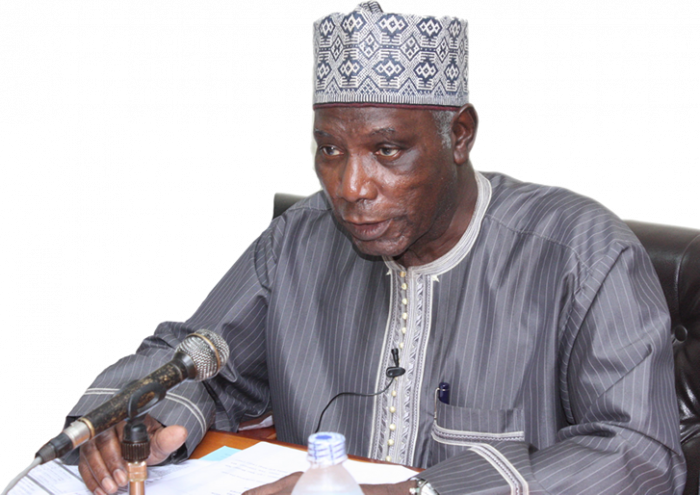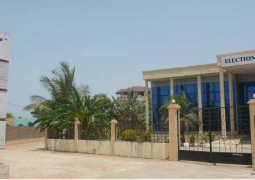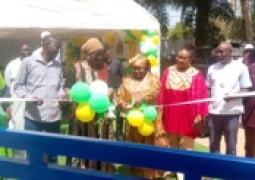
The National People’s Party (NPP), the party of the incumbent President Adama Barrow won 18 out of 53 seats barely four months after a landslide victory in the presidential election.
The United Democratic Party (UDP) won 15 seats, PDOIS grabbed 2, APRC won 2, NRP 4 and 12 independent victories.
The total votes cast was 492,754 with general voter turnout at 51.2%.
The general voter turnout has been reported low across the country as compared with the December 4, presidential election.
Speaking to the press at Serrekunda East Polling Stations, a local observer for National Human Rights Commission, Imam Baba Leigh, acknowledged the low turnout in this Legislative election, saying more sensitisation is needed.
“So far what I have seen is a very low turnout. Generally, Gambians are more active in the presidential elections than the National Assembly elections,” he said.
“Gambians don’t value the essence of citizenship, and as a citizen, you have to take part in political activities, and really Gambians need to be sensitised on the importance of this parliamentary election.”
Fatou Ceesay, 41, said she was disappointed with the turnout.
“I voted in the December Presidential election and the turnout I saw is quite different from this one. People should come and vote because this election is even more important than the presidential elections.”
A former IEC assistant returning officer for Janjangbureh Administrative Region in the 2016 Presidential Election, Alasana Conteh, who voted for the NPP candidate for the Old Yundum Constituency said. “We need to have people close to the president so that they can make the job easy for him. If there is a lot of opposition, it brings confusion and nothing works.”
“Left to me alone I would love the president to have an absolute majority in the Parliament. Having an absolute majority does not mean you won’t have people who think critically. I like critical thinkers and I’m one of them.”





